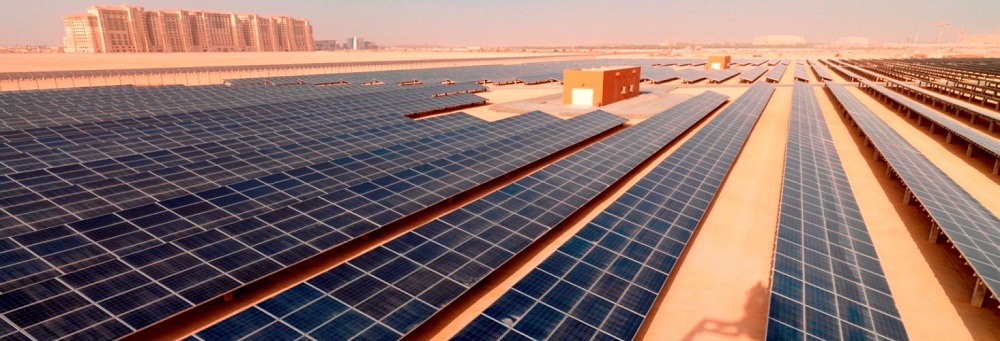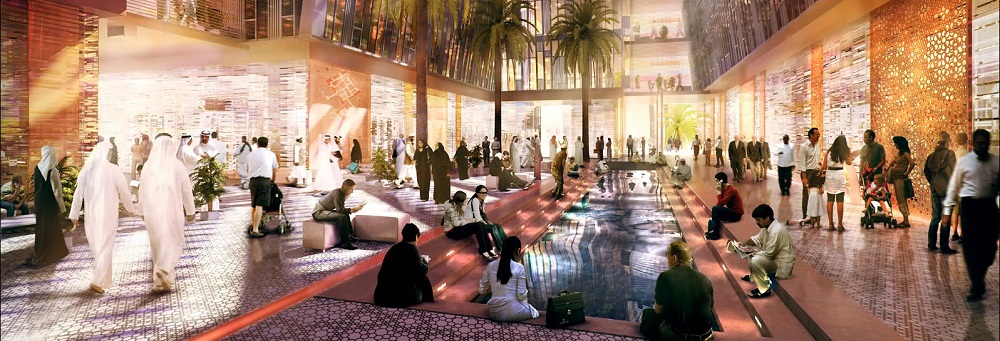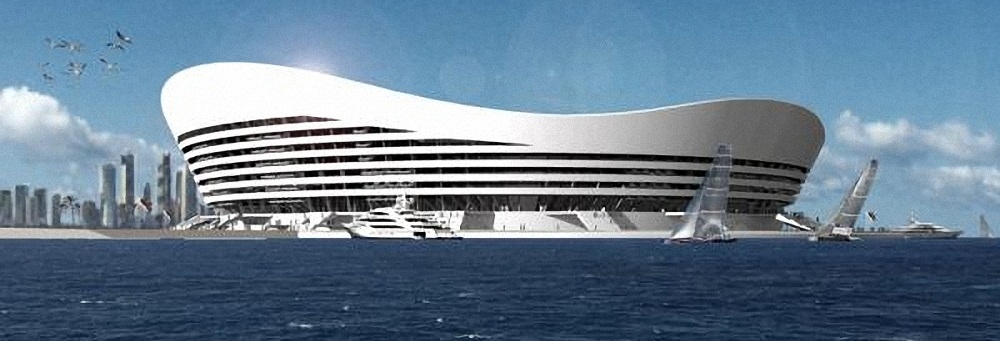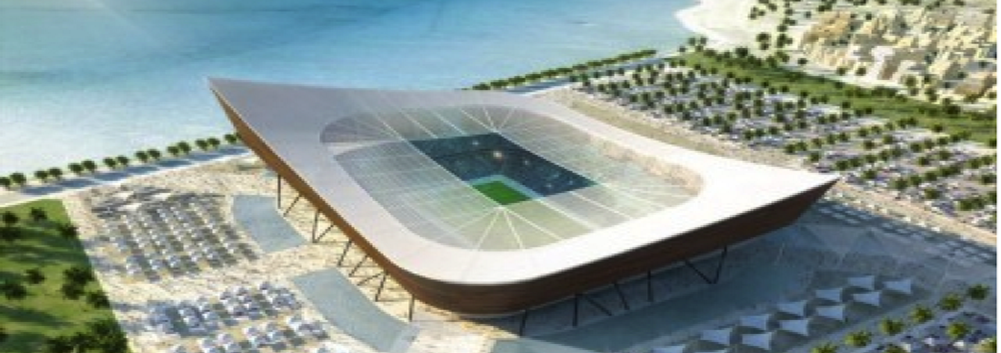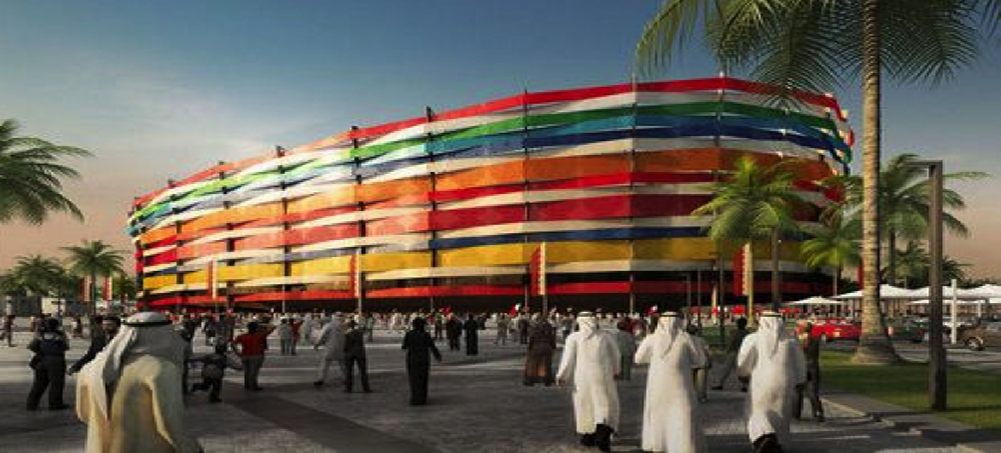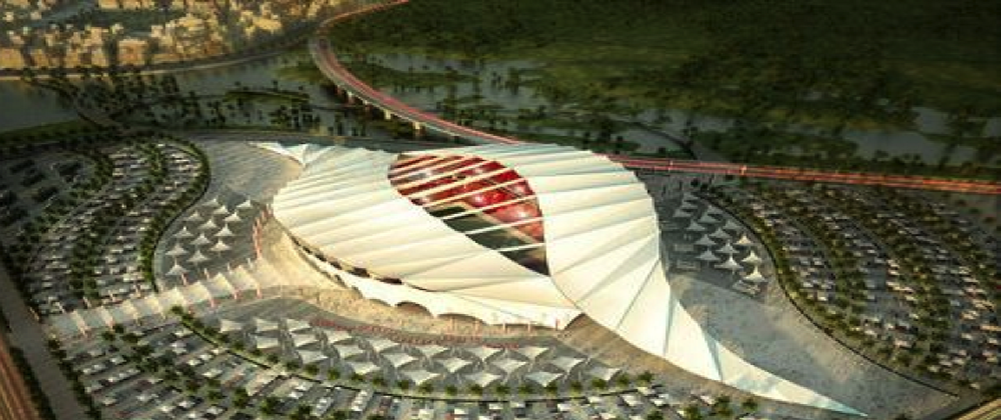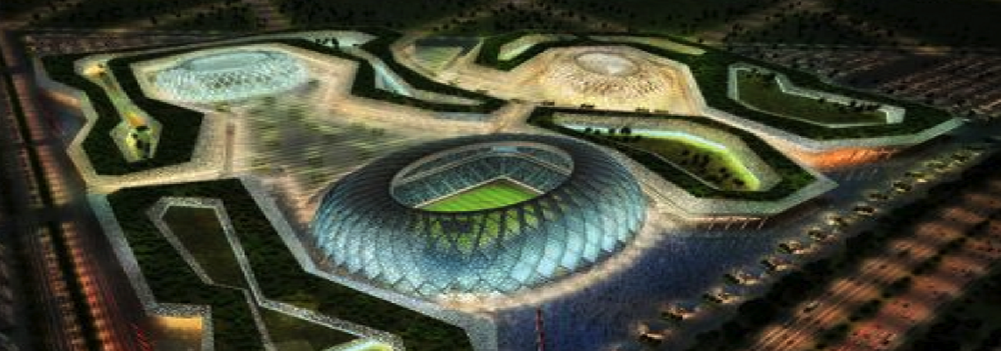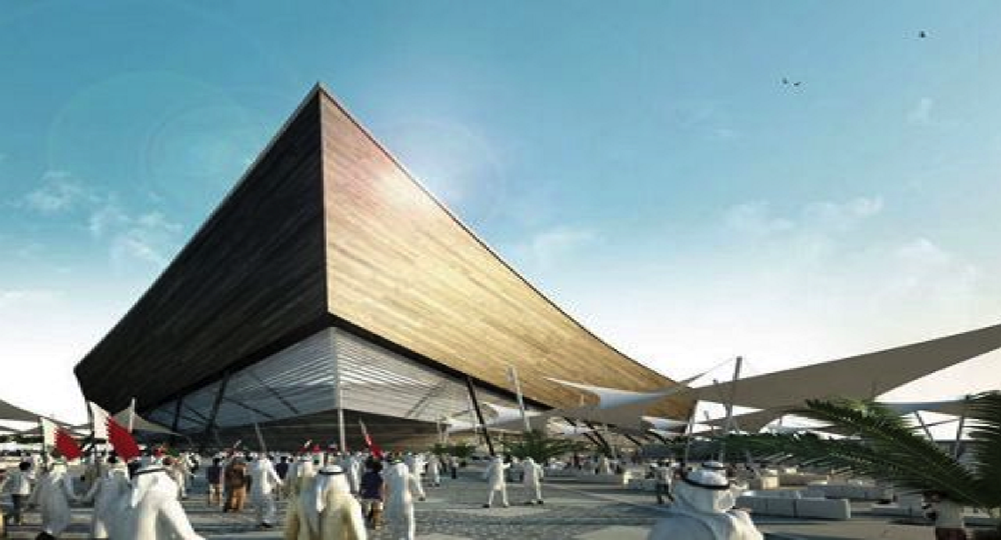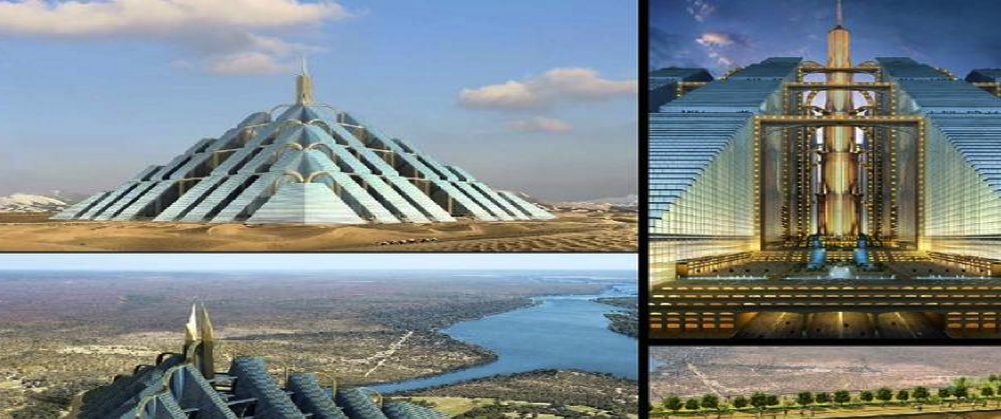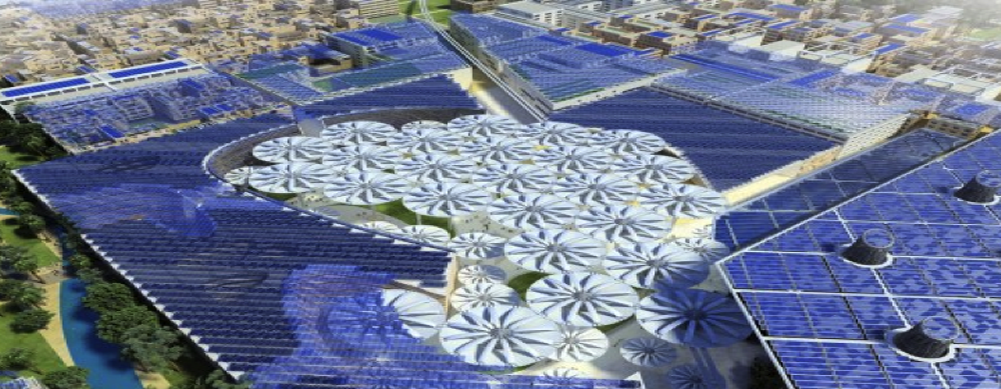The city of our dreams. It’s a passionate subject. Thinking about it, it’s a bit like imagining a Paradise. Logical thinking often leaves room for imagination; each of us has a vision of our own. The city of our dreams is an ideal, without an existent common project.
An Ancient Debate
In the play “The Birds” (414 BC), Aristophanes and Hippos have a conflict over two opposing vision of the ideal city:
? That of a city built according to a mathematic and orderly approach
? And that of a city that puts humans first and foremost
The Dream of a Green City
What do we imagine, when we think of the concept of a Green City?
? a city free of the weight of industrial pollution?
? a city capable of regenerating its soil previously contaminated by source pollution?
? a city able to harness the sun and wind as an energy source?
Therefore, the “the smart city” would be an ideal founded upon clean technology.
Nevertheless, the cities of the future cannot be reduced to simply a technologic approach.
Innovation Isn’t Necessarily Entirely Rooted in Technology
My grandmother took care of her 14 children, all the while dealing with a war that has yet to cease. She has continued to innovate to adapt to a quotidian life marked by a lack of water and electricity.
My mother had to face war during her daily life, as well. She had to find original solutions with sparse resources so that we could escape the situation.
In India, Africa, and various countries ravaged by war, people constantly innovate. But these “smart” solutions are often quite costly. We have much to learn from people of these countries. The future of our cities could also profit from their knowledge, and these “frugal” innovations.
Putting Man First and Foremost in the City of Tomorrow
Before 1975, Beirut had been a cosmopolitan city that breathed life. Today, Lebanon’s capital bears the scars of a civil war. It is an exhausted city, that desperately wishes to reclaim its colorful energy and life it once had. Beirut doesn’t want to be “smart” ; Beirut wants to find its soul, its joy. It isn’t looking for technology, but a guarantee that everyone can live and share in harmony. Above all, it is a human project. It’s a dream that is also shared by cities such as Damascus, Baghdad, or Tobruk.
The Tower of Babel
The city of tomorrow can be built around increasingly high towers, inhabited by people who don’t necessarily understand each other, even if a common language has been found. The myth of Babel is a cautionary tale, warning us of the dangers of a purely technological project.
It is incredibly important to put people at the heart of our urban plans. The challenge is to create links, harmony, and joy amongst the inhabitants of our cities, so that they may become places of peace, joy, happiness, and well-being for all.
Chaden Diyab
The Dream City
Please don’t hesitate to click the “Follow” button if you wish to be informed of upcoming articles regarding similar subjects. You may also contact me if this subject is pertinent to your interests.
The Dream City
The city of our dreams. It’s a passionate subject. Thinking about it, it’s a bit like imagining a Paradise. Logical thinking often leaves room for imagination; each of us has a vision of our own. The city of our dreams is an ideal, without an existent common project.
An Ancient Debate
In the play “The Birds” (414 BC), Aristophanes and Hippos have a conflict over two opposing vision of the ideal city:
? That of a city built according to a mathematic and orderly approach
? And that of a city that puts humans first and foremost
The Dream of a Green City
What do we imagine, when we think of the concept of a Green City?
? a city free of the weight of industrial pollution?
? a city capable of regenerating its soil previously contaminated by source pollution?
? a city able to harness the sun and wind as an energy source?
Therefore, the “the smart city” would be an ideal founded upon clean technology.
Nevertheless, the cities of the future cannot be reduced to simply a technologic approach.
Innovation Isn’t Necessarily Entirely Rooted in Technology
My grandmother took care of her 14 children, all the while dealing with a war that has yet to cease. She has continued to innovate to adapt to a quotidian life marked by a lack of water and electricity.
My mother had to face war during her daily life, as well. She had to find original solutions with sparse resources so that we could escape the situation.
In India, Africa, and various countries ravaged by war, people constantly innovate. But these “smart” solutions are often quite costly. We have much to learn from people of these countries. The future of our cities could also profit from their knowledge, and these “frugal” innovations.
Putting Man First and Foremost in the City of Tomorrow
Before 1975, Beirut had been a cosmopolitan city that breathed life. Today, Lebanon’s capital bears the scars of a civil war. It is an exhausted city, that desperately wishes to reclaim its colorful energy and life it once had. Beirut doesn’t want to be “smart” ; Beirut wants to find its soul, its joy. It isn’t looking for technology, but a guarantee that everyone can live and share in harmony. Above all, it is a human project. It’s a dream that is also shared by cities such as Damascus, Baghdad, or Tobruk.
The Tower of Babel
The city of tomorrow can be built around increasingly high towers, inhabited by people who don’t necessarily understand each other, even if a common language has been found. The myth of Babel is a cautionary tale, warning us of the dangers of a purely technological project.
It is incredibly important to put people at the heart of our urban plans. The challenge is to create links, harmony, and joy amongst the inhabitants of our cities, so that they may become places of peace, joy, happiness, and well-being for all.



